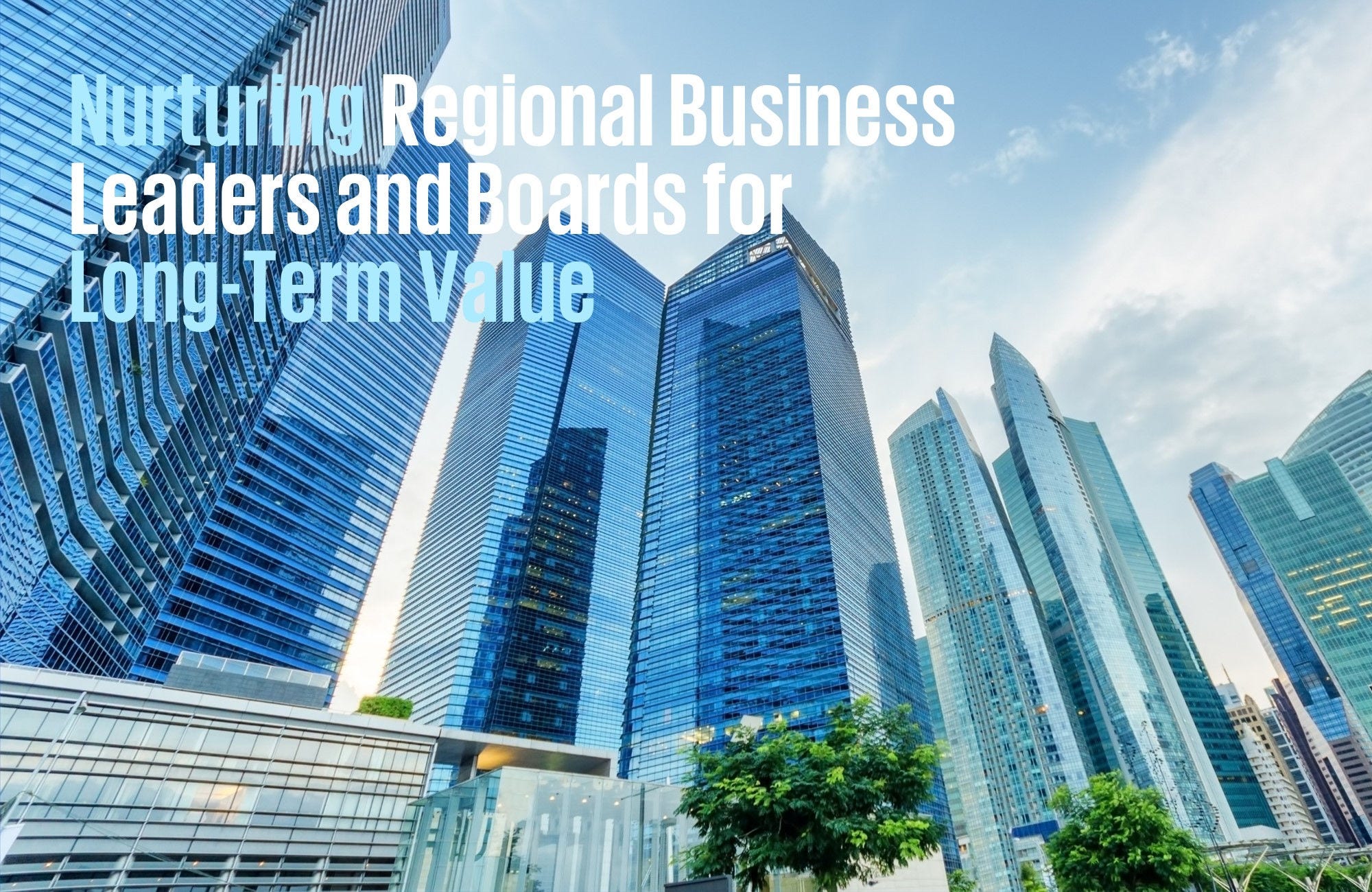Singapore’s economic success depends on evolving talent strategies to meet global trends, such as the growing mobility of skilled professionals and the rapid digitisation of industries. Changes in taxation frameworks, such as the OECD’s Base Erosion and Profit Shifting (BEPS) policy, further influence Singapore’s ability to attract and retain talent. Simultaneously, sectors like financial services and ESG assurance face growing demand for upskilling in sustainability, digital transformation, and leadership roles.
A dynamic approach is needed to address challenges like global mobility complexities, skills shortages in key sectors, and barriers posed by the COMPASS system. This will ensure Singapore’s workforce remains adaptable, competitive, and prepared to meet the demands of an evolving global economy.







